
Signs of dementia are often unclear, most patients discover it late and do not receive timely treatment - Photo: FREEPIK
According to The Guardian , the application has the ability to accurately diagnose frontotemporal dementia (FTD) through a special cognitive test.
FTD is a neurological disorder that typically appears in middle age. FTD causes the part of the brain responsible for processing behavior, emotions, and language to degenerate and gradually shrink over time.
About one-third of patients with FTD inherit the disease. Early detection is extremely important because most treatments are only effective in the early stages of the disease.
“Most patients with frontotemporal dementia are diagnosed quite late because they are young and their symptoms are often mistaken for psychiatric disorders,” said Professor Adam Boxer, lead author of the study.
Previously, scientists have developed a number of similar applications used to diagnose diseases such as Alzheimer's, Parkinson's and Huntington's.
Mr Boxer and his colleagues have partnered with US-based software company Datacubed Health to develop an app that can record the user's voice while they take a cognitive test.
“We created tests that tested walking, balance, and slow movement, as well as various aspects of language,” said study author Dr. Adam Staffaroni, a neuropsychologist at the University of California, Berkeley.
They tested the app on 360 adults with an average age of 54 who were at high genetic risk for FTD, including some who had not yet developed any obvious symptoms.
Among 329 people at high genetic risk for FTD, less than 60% of patients were asymptomatic or had preclinical frontotemporal degeneration, and just over 20% had early signs and symptoms.
Volunteers will take three tests on their motor control and memory over two weeks.
The results showed that the application was capable of diagnosing FTD with high accuracy. The AUC (a pharmacokinetic parameter used to evaluate the effectiveness of a drug or treatment) was 0.93.
The app's ability to detect early symptoms also outperformed the MoCA cognitive assessment scale, a popular cognitive assessment test. The app's AUC was 0.82 compared to 0.68 for the MoCA.
The study was published in the medical journal JAMA Network Open .
 Early warning signs of dementia
Early warning signs of dementiaSource



![[Photo] Looking back at the impressive moments of the Vietnamese rescue team in Myanmar](https://vstatic.vietnam.vn/vietnam/resource/IMAGE/2025/4/11/5623ca902a934e19b604c718265249d0)


![[Photo] "Beauties" participate in the parade rehearsal at Bien Hoa airport](https://vstatic.vietnam.vn/vietnam/resource/IMAGE/2025/4/11/155502af3384431e918de0e2e585d13a)






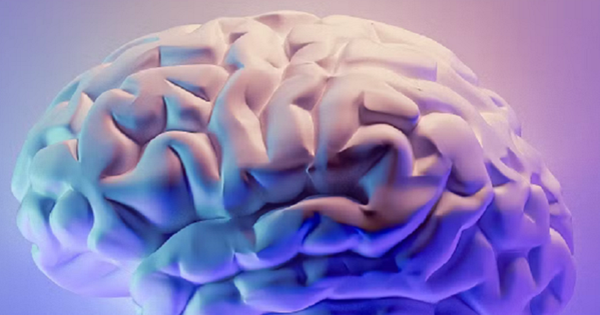

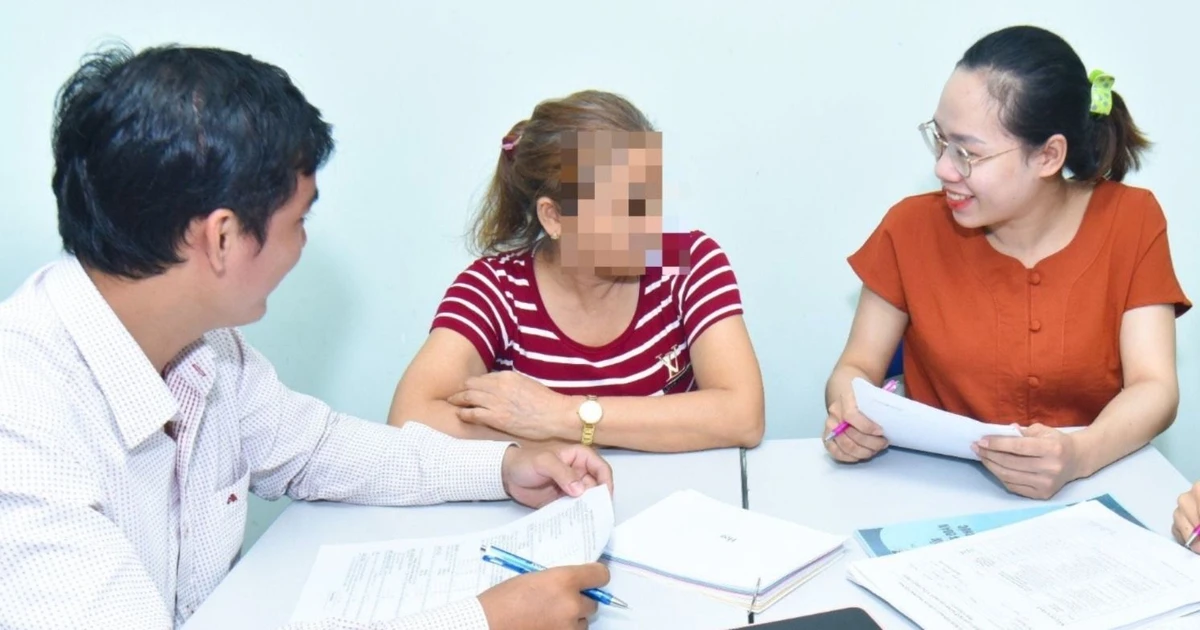




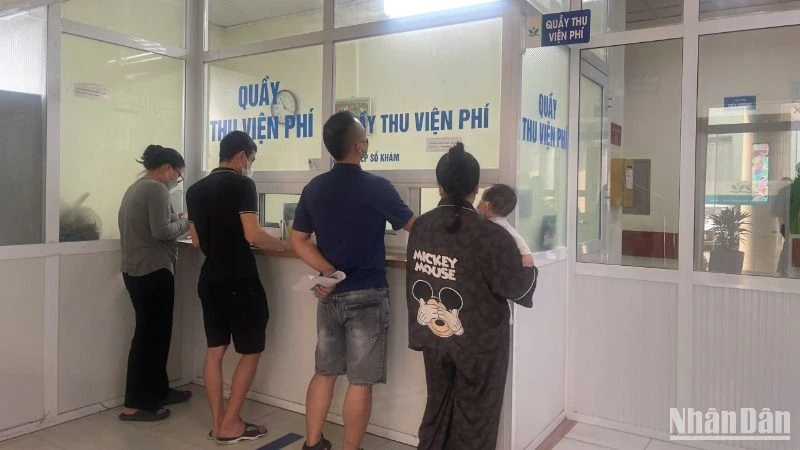
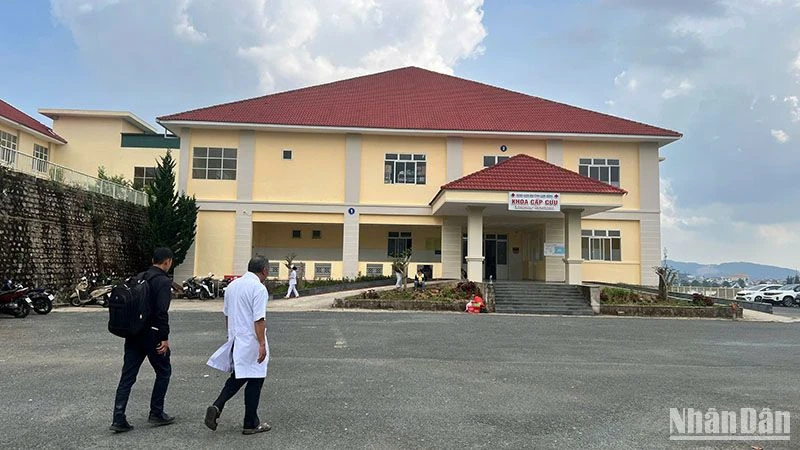
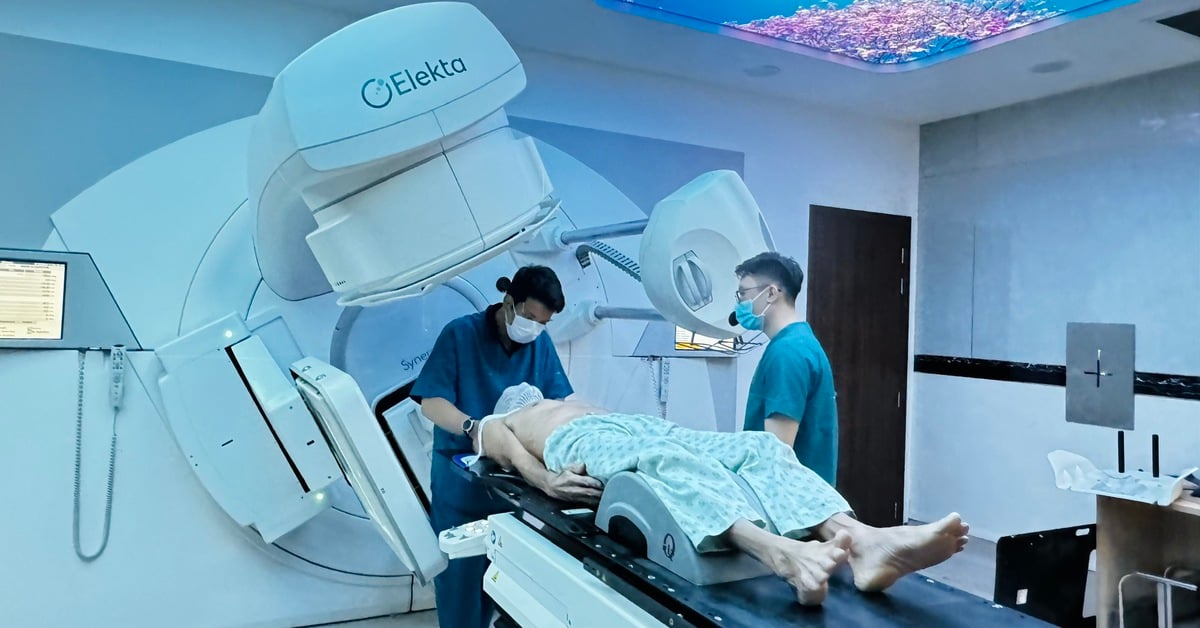



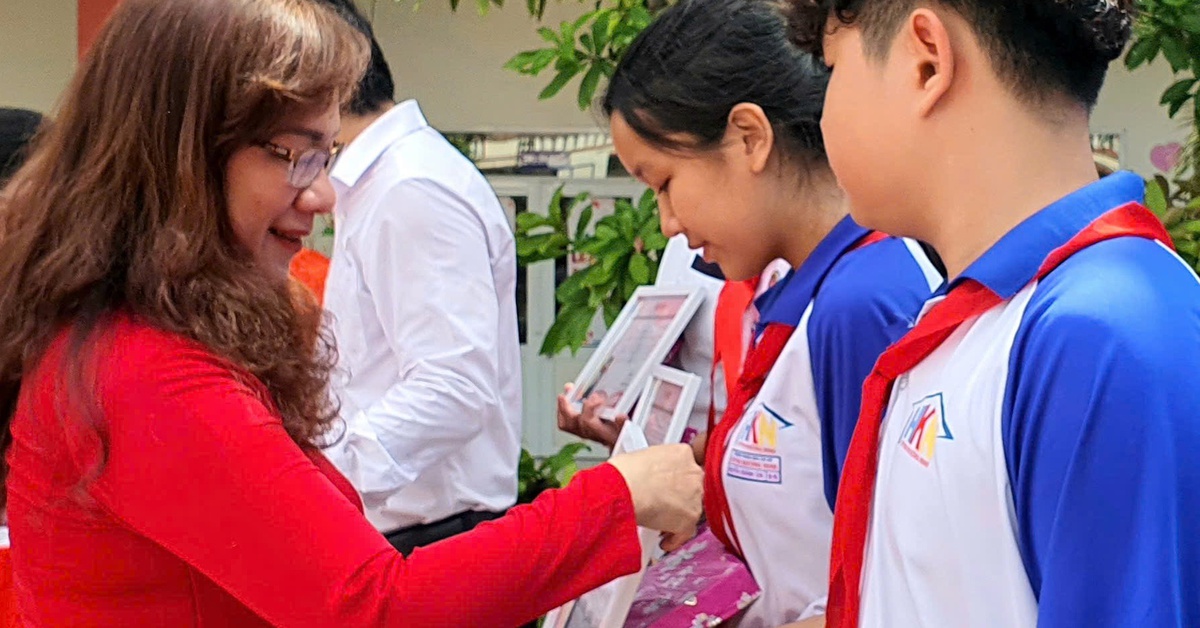
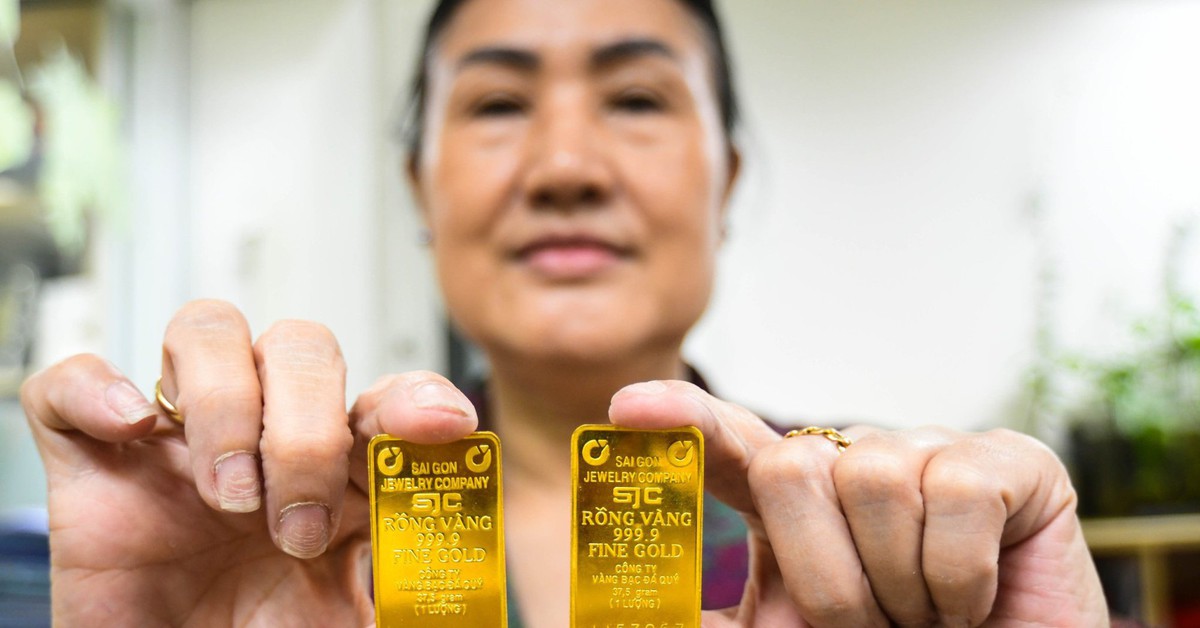




![[Photo] Summary of parade practice in preparation for the April 30th celebration](https://vstatic.vietnam.vn/vietnam/resource/IMAGE/2025/4/11/78cfee0f2cc045b387ff1a4362b5950f)





























































Comment (0)